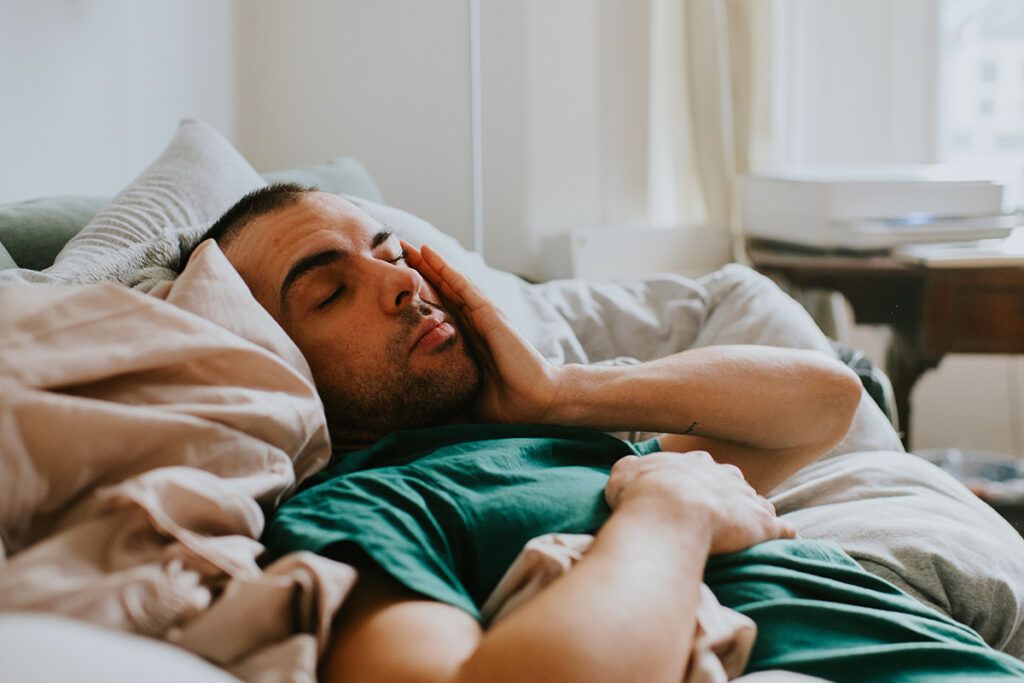When a doctor first prescribes antidepressants, they will start on the lowest dose. This is so they can be sure the medication is safe and monitor any unwanted side effects. Doses may increase if a drug is well tolerated, but symptoms persist.
Once an optimal dosage is found, paying close attention to any symptoms is still important because it is possible to build up a tolerance to antidepressants. This could make your medication less effective, especially if the dose remains the same for a long time.
How long do antidepressants take to work?

Although some patients respond well within the first 2 weeks of treatment, antidepressants can take a long time to work. You will typically need to take them, as prescribed, for 6–8 weeks before noticing the full benefits.
If you are an adult with a major depression diagnosis, there is up to a 50% chance that you will not notice symptom improvement within the first 4–6 weeks of treatment. This is true, whichever antidepressant type your doctor has prescribed.
Most doctors will wait 8–12 weeks before increasing the dose or changing an antidepressant.
What are the signs your dosage is too low?
Whatever the reason your doctor has prescribed antidepressants, your symptoms may still impact your day-to-day life, even after giving your medication a chance to become fully effective. This may indicate that your dosage is too low.
Up to 85% of adults taking antidepressants use them to treat depression. The National Institute of Mental Health (NIMH) lists the signs and symptoms of depression, some of which include:
- persistent sadness, anxiousness, or an “empty” mood
- feelings of hopelessness or pessimism
- feelings of irritability, frustration, guilt, worthlessness, or helplessness
- little-to-no interest in hobbies and activities
- being unusually tired or feeling slow
- experiencing difficulty concentrating, remembering things, or making decisions
- sleeping too little or too much
- appetite or unplanned weight changes
- having thoughts of dying or about suicide or attempting suicide
If you are still experiencing any of these symptoms, or notice them returning after taking your medication as directed for 6–8 weeks or more, then it would best to talk with a doctor or healthcare professional.
Suicide prevention
If you or someone you know is in crisis and considering suicide or self-harm, please seek support:
- Call the 988 Suicide and Crisis Lifeline at 988.
- Text HOME to the Crisis Textline at 741741.
- Not in the United States? Find a helpline in your country with Befrienders Worldwide.
- Call 911 or your local emergency services number if you feel safe to do so.
If you’re calling on behalf of someone else, stay with them until help arrives. You may remove weapons or substances that can cause harm if you can do so safely.
If you are not in the same household, stay on the phone with them until help arrives.
Does the advice differ by drug type?
Selective serotonin reuptake inhibitors (SSRIs), like sertraline (Zoloft), and selective norepinephrine reuptake inhibitors (SNRIs), like duloxetine (Cymbalta), make up about 80% of prescribed antidepressants.
Although doctors often increase unhelpful lower doses, there is little evidence that increased doses of SSRIs, or SNRIs, will improve symptoms.
There is evidence that increasing the dose of other antidepressants, such as amitriptyline (Elavil), can improve your symptoms. However, amitriptyline belongs to a class of drugs called tricyclic antidepressants. This type of medication can have dangerous side effects at higher doses, so doctors will often carefully monitor dosage increases.
If you need help covering the cost of medications, the free Optum Perks Discount Card could help you save up to 80% on prescription drugs. Follow the links on drug names for savings on that medication, or search for a specific drug here.
